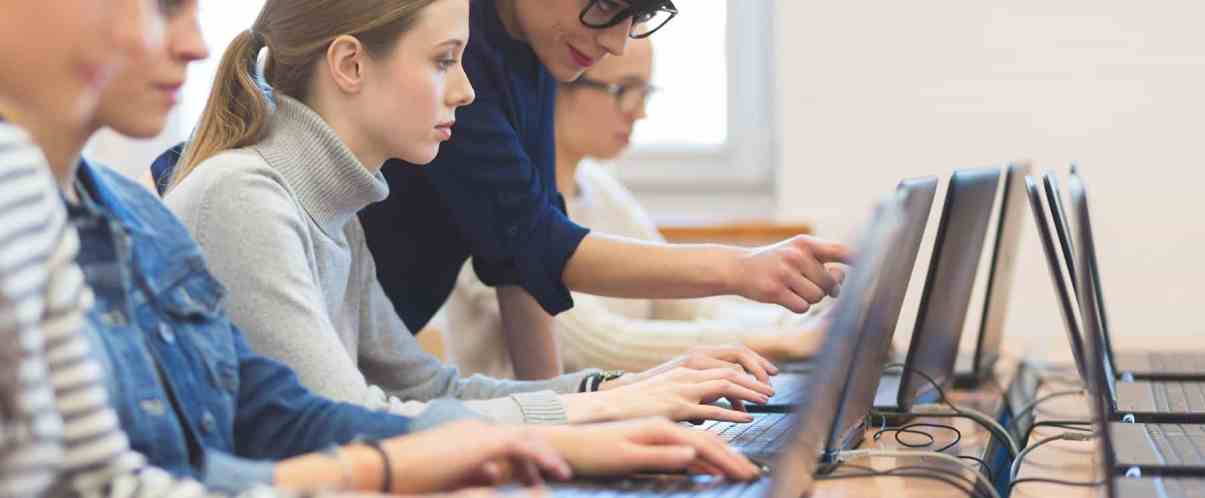
It has been widely recognized that hospital acuity is going higher and patient stays are shorter. Because of the risks, hospital personnel are less and less likely to allow students to be involved in direct patient care. Hospital rules are written to lessen the abilities of students to use the computers, to document direct patient care, and to give end-of-shift report. These are some of the many reasons simulation has become more and more essential to nursing education.
Schools are now incorporating simulation in many ways. There are simulation mannequins that range from low fidelity to very high fidelity. There are virtual reality scenarios and virtual simulation scenarios. In addition, there are simulated electronic health records that can be used in the classroom and in simulation labs. Simulation is definitely helping to educate students, but what do the students get out of simulation that they cannot get in the clinical setting?
- Competence — Exposure to emergency patient situations that students may not see in a clinical setting — until they do! With simulation, students get an opportunity to be exposed to these situations in a controlled and safe learning environment, where the scenario can be rolled out to them at the levels of the students’ understanding. Some examples of these emergency conditions include: myocardial infarction, pulmonary embolism, and severe allergic reactions (anaphylaxis).
- Clinical Judgment — Ability to recognize cues and test hypotheses. Students get an opportunity to be exposed to critical situations where the simulated patients will present with assessment findings that should cue the students to recognize a need for action. Then, the students will have an opportunity to hypothesize the rationale for actions and contemplate the expected outcomes for the patient. The difference is that during simulation, if they are wrong, the students can have the opportunity to start all over again and try something different!
- Confidence — Ability to be involved in their own learning. Students receive guided preparation work and have the opportunity to be involved in facilitated debriefing where they reflect on their own performance and determine ways in which they can make improvements in the future.
- Clinical readiness — Increase soft skills. Hospital administrators have reported that students are weak in “soft skills.” Through simulation, students have the opportunity to practice therapeutic communication, documentation, delegation and prioritization. They also have opportunities to practice interprofessional communication and gain an understanding of how the various health professions work together to care for a patient.